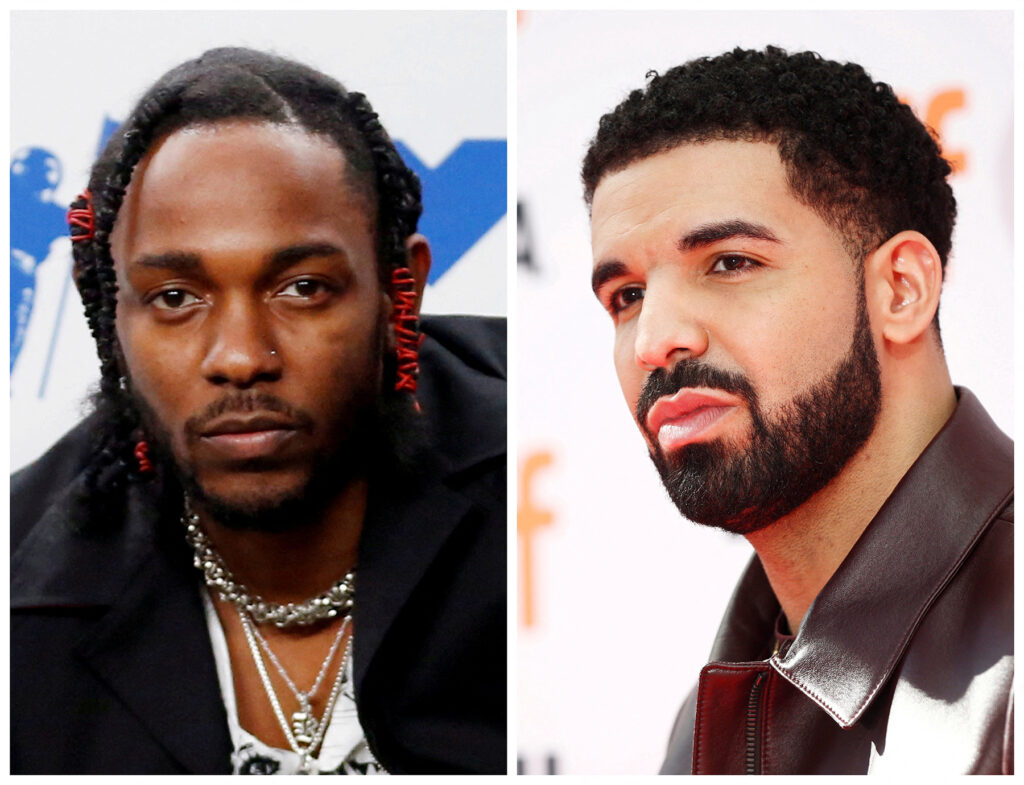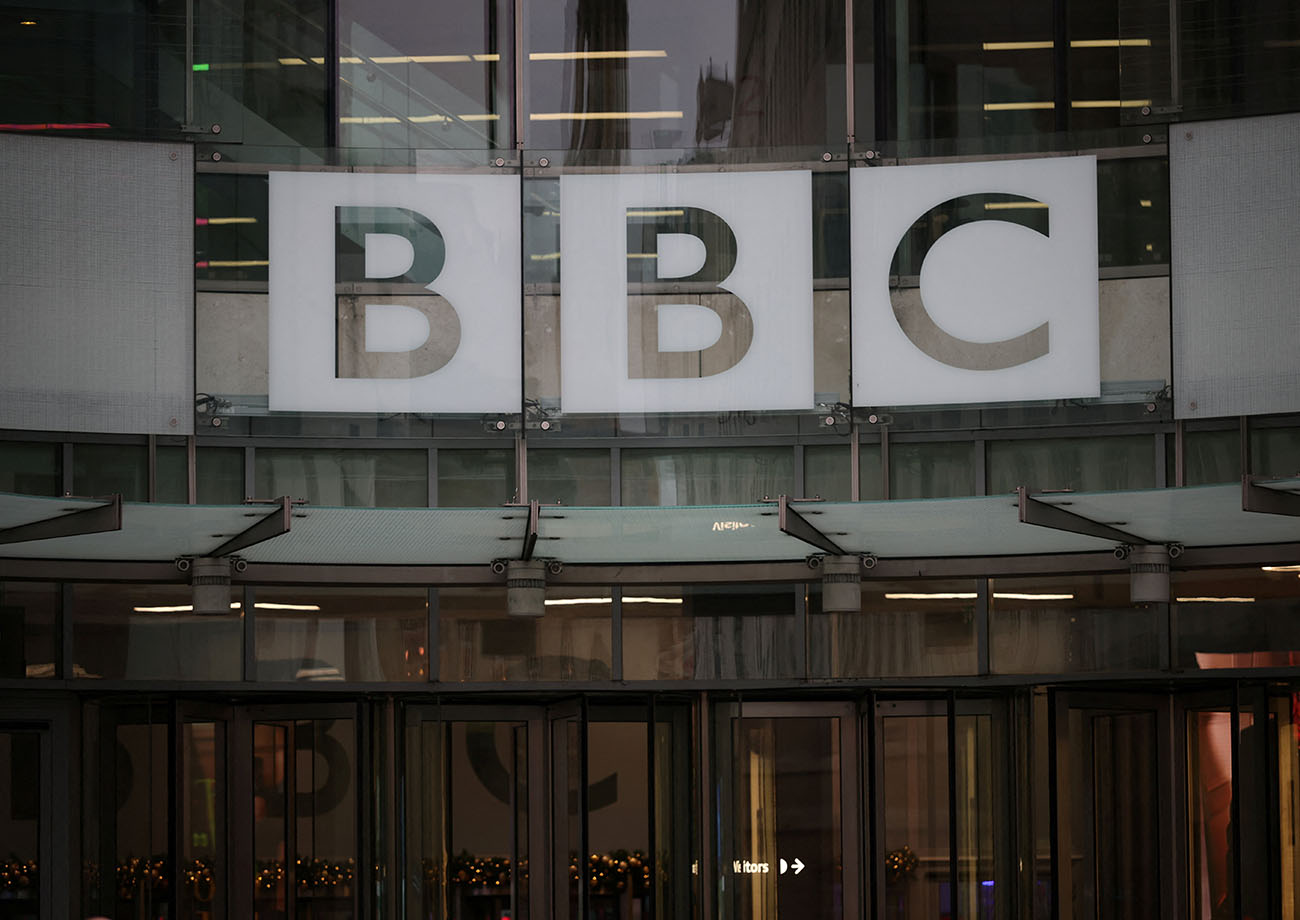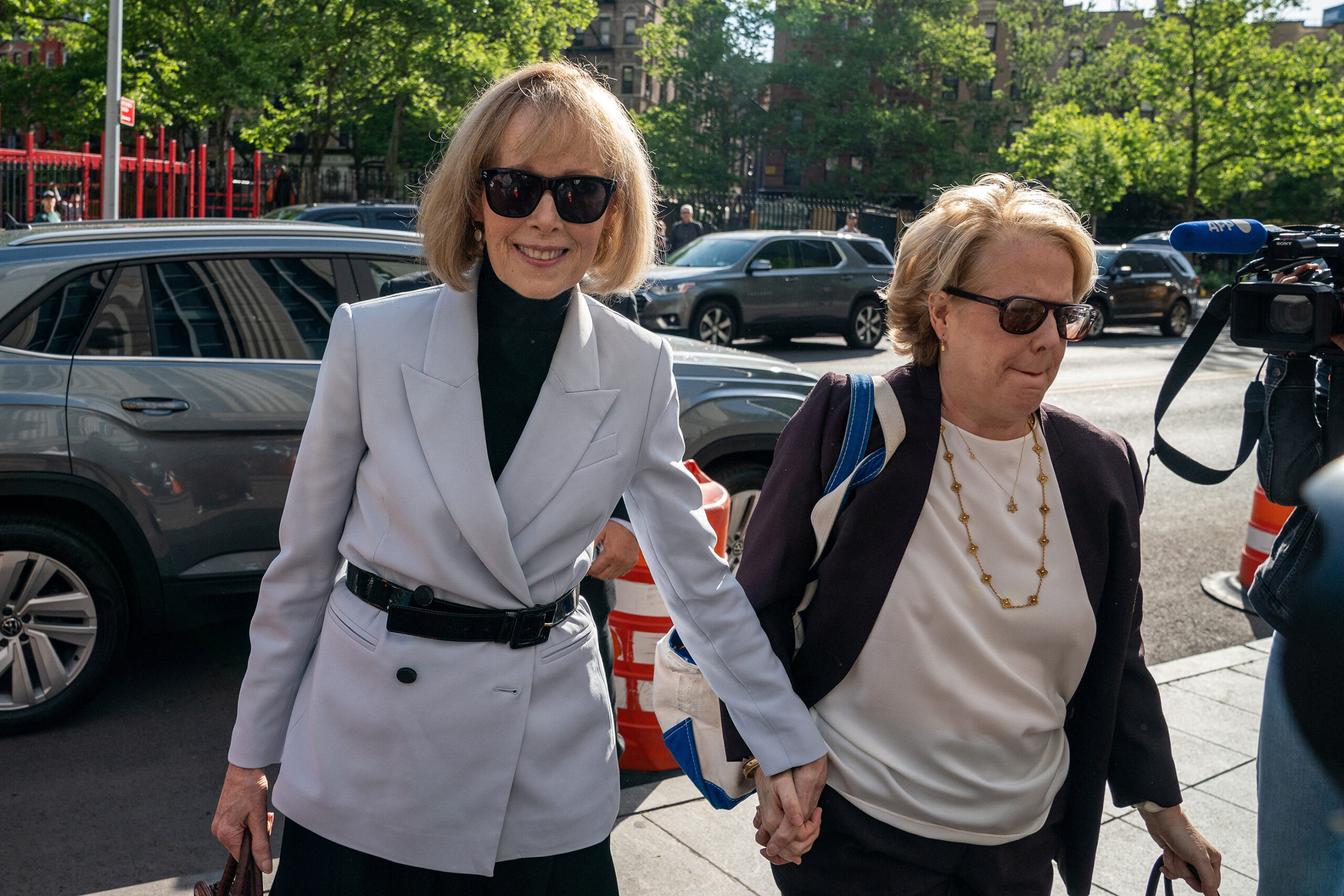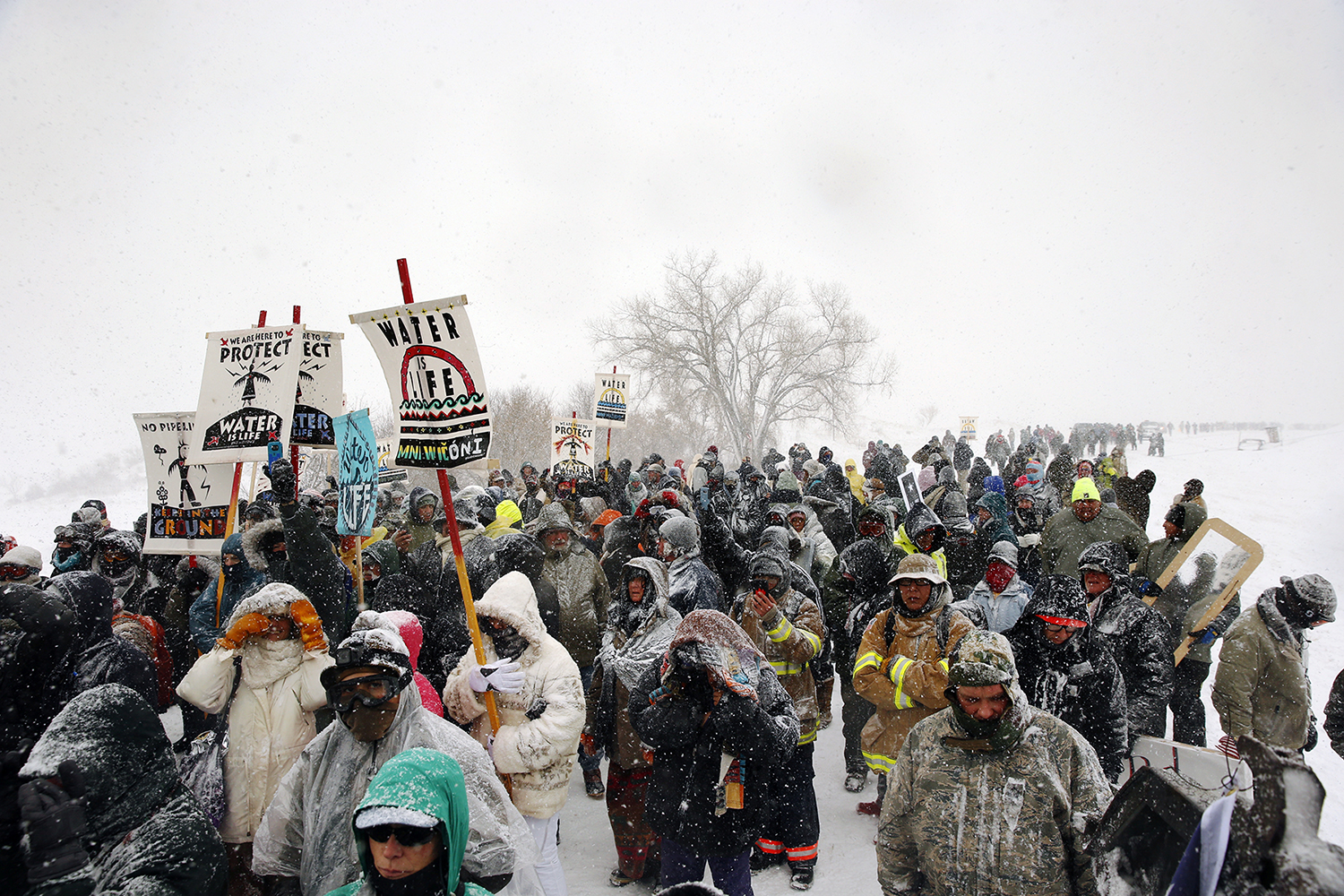NEW YORK (AP) — A defamation lawsuit that Drake brought against Universal Music Group was tossed out Thursday by a federal judge who said the lyrics in Kendrick Lamar’s dis track “Not Like Us” were opinion.
The feud between two of hip-hop’s biggest stars erupted in the spring of 2024, with the pair trading a series of vitriolic tracks that culminated in Lamar landing the “metaphorical killing blow” with his megahit that May, Judge Jeannette A. Vargas said in her written opinion.
While the track’s lyrics explicitly branded Drake as a pedophile, Vargas said, a reasonable listener could not have concluded that “Not Like Us” was conveying objective facts about the Canadian superstar.
“Although the accusation that Plaintiff is a pedophile is certainly a serious one, the broader context of a heated rap battle, with incendiary language and offensive accusations hurled by both participants, would not incline the reasonable listener to believe that ‘Not Like Us’ imparts verifiable facts about Plaintiff,” Vargas wrote.
After the decision Drake’s legal team said in a statement: “We intend to appeal today’s ruling, and we look forward to the Court of Appeals reviewing it.”
“Not Like Us” — described by Vargas as having a “catchy beat and propulsive bassline” — was one of 2024’s biggest songs.
It won record of the year and song of the year at the Grammys and helped make this year’s Super Bowl halftime show the most watched ever, as fans speculated on whether Lamar would actually perform it. (He did, but with altered lyrics.)
The track, which calls out Canadian-born Drake by name, attacks him as “a colonizer” of rap culture, in addition to making insinuations about his sex life, including, “I hear you like ’em young” — implications that Drake rejects.
Filed in January, the lawsuit — which does not name Lamar — alleged that Universal Music Group intentionally published and promoted the track despite knowing that it contained false and defamatory allegations against Drake and suggested listeners should resort to vigilante justice. The track tarnished his reputation and decreased the value of his brand, the suit said.
UMG, the parent record label for both artists, denied the allegations.
“From the outset, this suit was an affront to all artists and their creative expression and never should have seen the light of day,” it said in a statement. “We’re pleased with the court’s dismissal and look forward to continuing our work successfully promoting Drake’s music and investing in his career.”
In the suit, Drake also blamed the tune for attempted break-ins and the shooting of a security guard at his Toronto home.
The mansion was depicted in an aerial photo in the song’s cover art, with what Vargas described as “an overlay of more than a dozen sex offender markers” — which, she said, was “obviously exaggerated and doctored.”
“No reasonable person would view the Image and believe that in fact law enforcement had designated thirteen residents in Drake’s home as sex offenders,” she wrote.
Recapping “perhaps the most infamous rap battle in the genre’s history,” Vargas noted that prior to “Not Like Us,” Drake mocked Lamar’s height and shoe size and questioned his success in an April 2024 track called “Push Ups,” while Lamar insulted Drake’s fashion sense that same month in “Euphoria.”
From there, Vargas wrote, the insults escalated, becoming “vicious, personal.”
The judge said she considered the forum in which the insults occurred and concluded that the average listener does not think a dis track “is the product of a thoughtful or disinterested investigation, conveying to the public factchecked verifiable content.”
Vargas wrote that “Not Like Us” was “replete with profanity, trash-talking, threats of violence, and figurative and hyperbolic language, all of which are indicia of opinion.”
A reasonable listener, she added, “would conclude that Lamar is rapping hyperbolic vituperations.”
Tags



